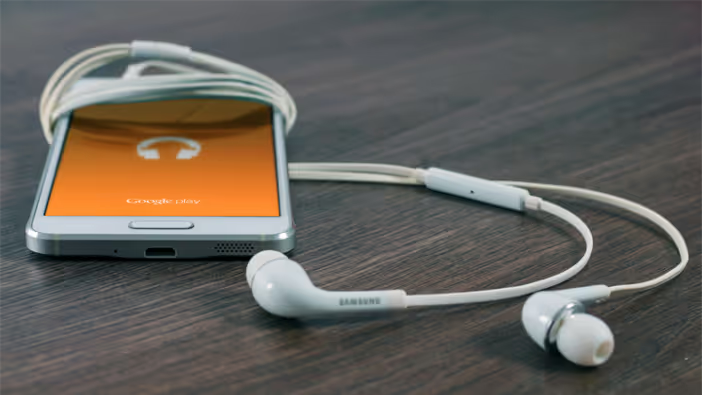Training Blog
Great North Swim 250m Training Guide
The 250m is pure fun. It’s the perfect introduction to open water swimming & a brilliant way to experience the buzz of the Great North Swim. This distance is all about confidence, not speed.
Read More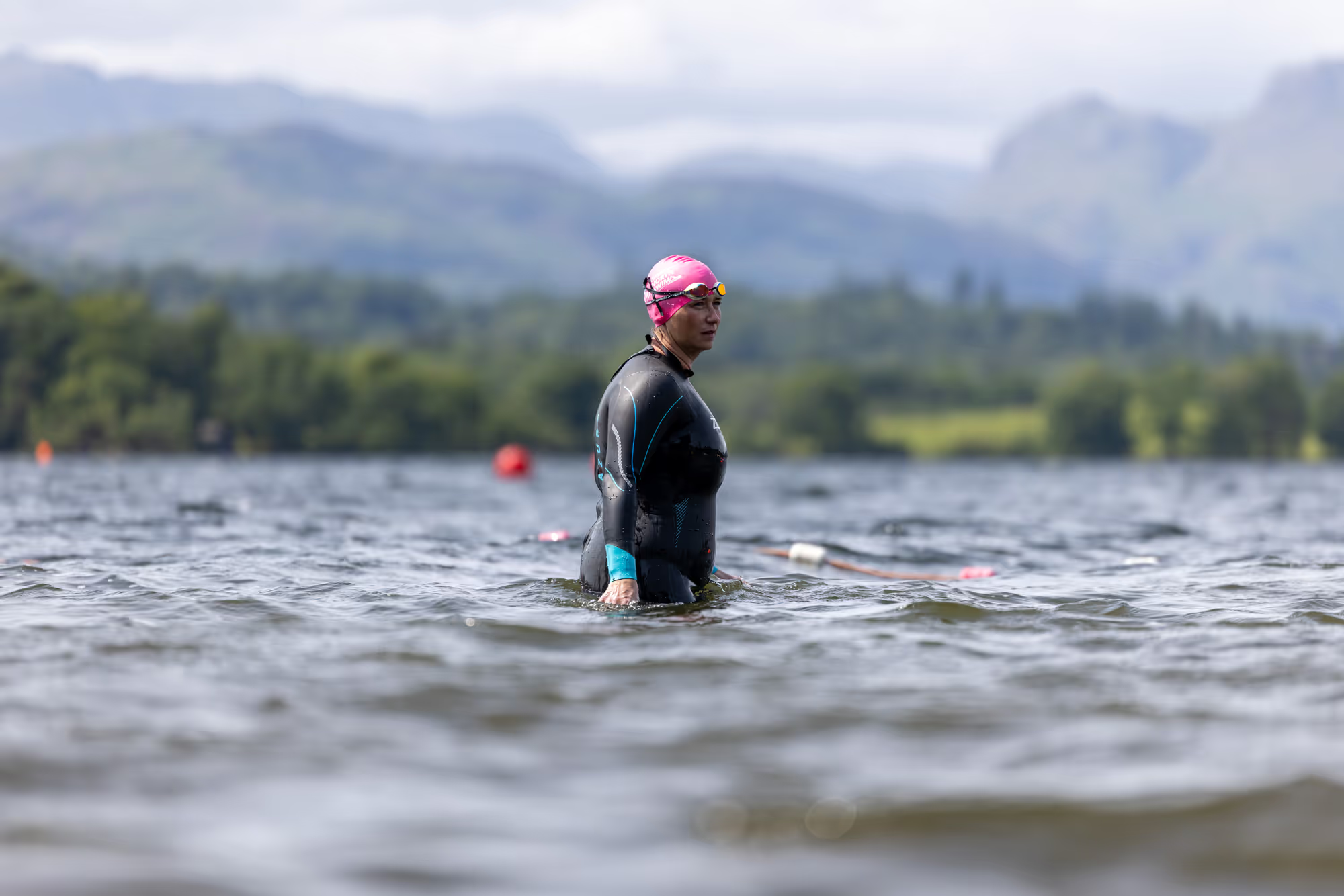
Great North Swim 1 Mile Training Guide
The 1 mile is the classic Great North Swim distance. It’s long enough to feel like a real achievement, but very achievable with a few months of consistent training. This is where comfort meets challenge.
Read More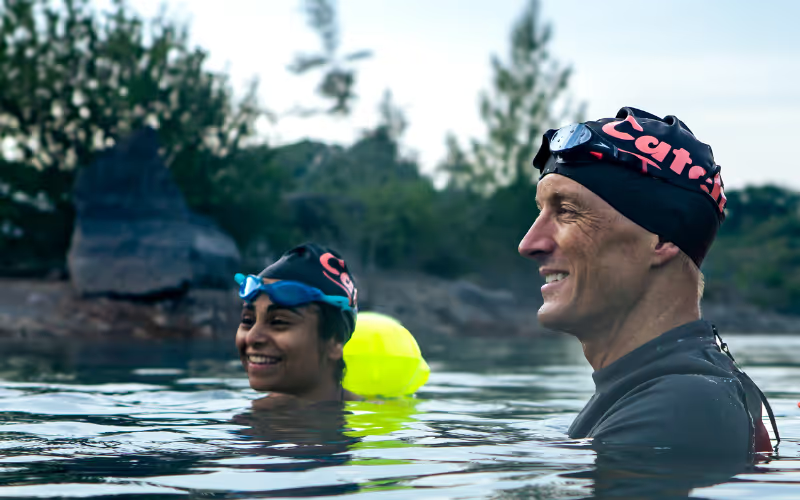
Great North Swim Half Mile Training Guide
The Half Mile is an ideal first open water swim - challenging enough to feel meaningful yet fully achievable with consistent training, rhythm and confidence.
Read More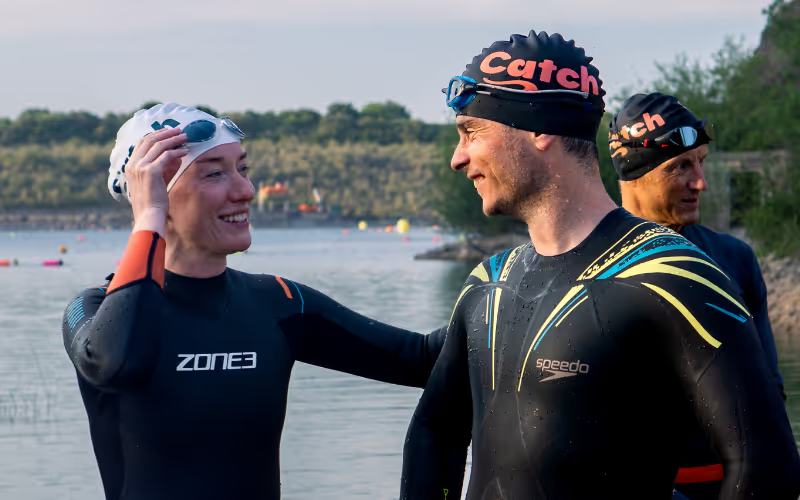
Great North Swim 2 Mile Training Guide
The 2 mile is a proper endurance swim. It’s long enough that pacing, technique & focus really matter - but with steady training, it’s absolutely achievable. This distance rewards patience & preparation.
Read More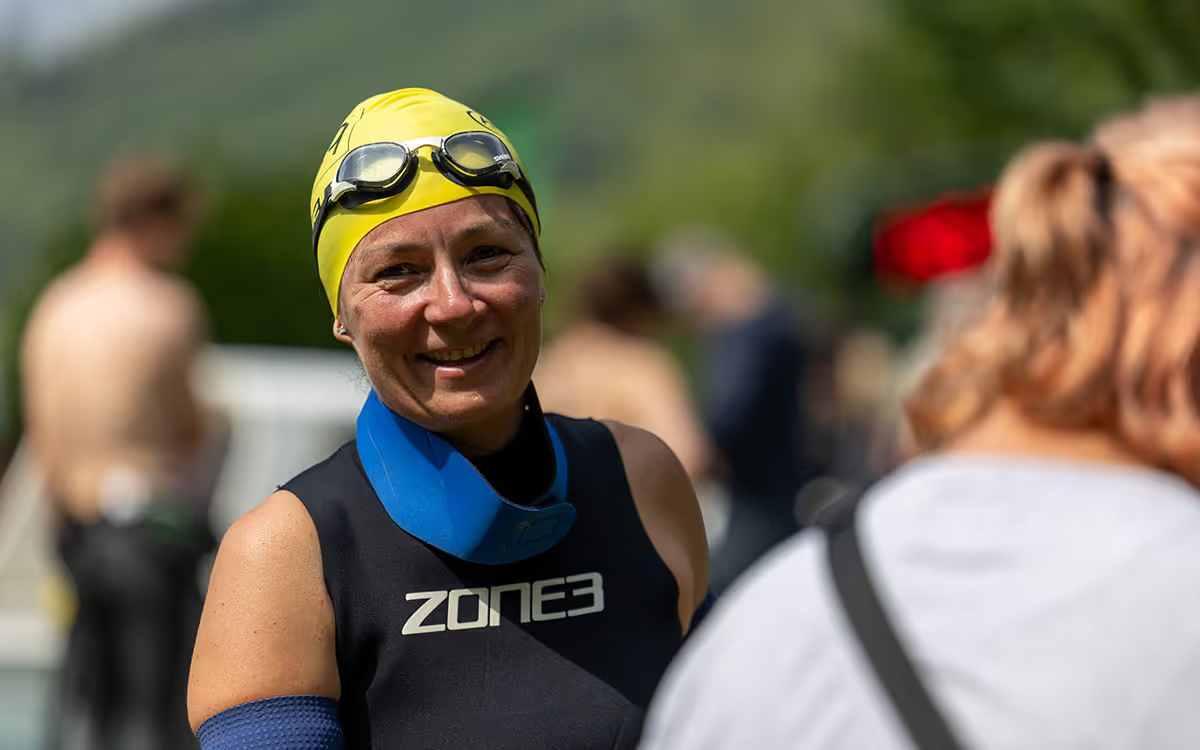
Great North Swim 5k Training Guide
The 5km is a serious milestone. It’s the half marathon of swimming - long enough that endurance, pacing & fuelling really matter, but short enough to race with purpose. With smart preparation, you can finish strong rather than just surviving.
Read More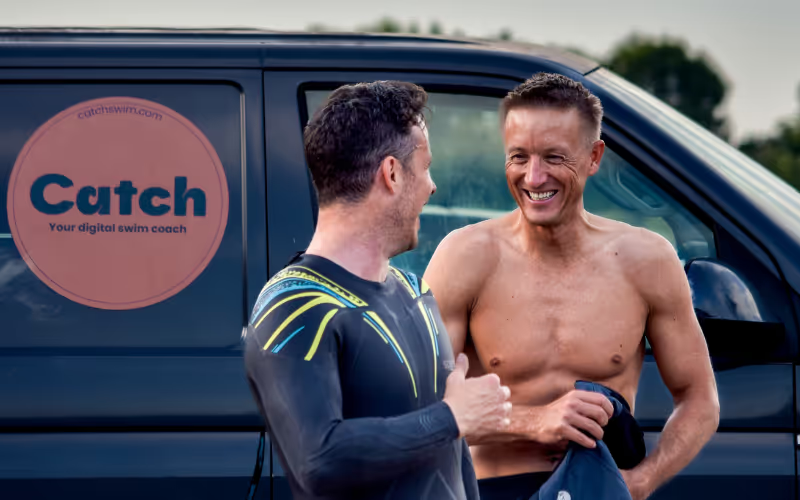
Great North Swim 10km Training Guide
The 10km is a marathon swim. It’s the big one. It demands endurance, patience, smart fuelling & calm decision-making. With the right preparation, you can finish feeling strong & proud rather than completely spent.
Read More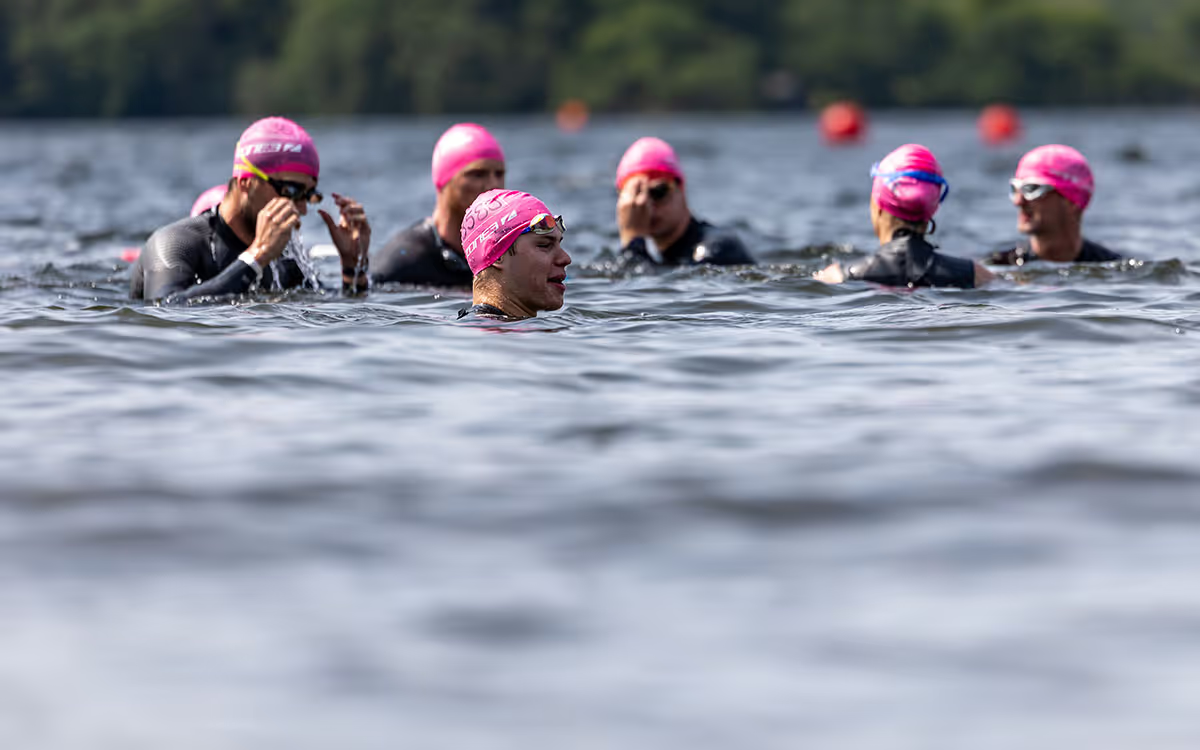
How to Fuel for the Great North Swim
Swimming places unique demands on the body, and nutrition is often overlooked because eating and drinking during swims is not always straightforward. That makes planning ahead even more important.
Read More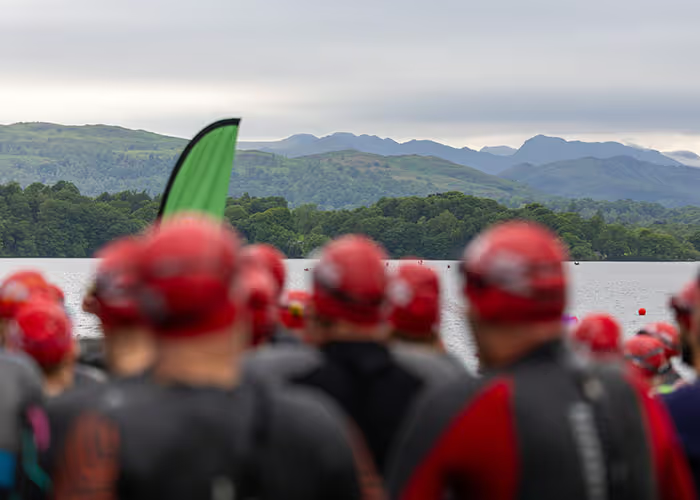
What to Wear Under a Wetsuit for Open Water Swimming
By understanding what to wear under your swim wetsuit, you can elevate your performance and stay comfortable in any water conditions to ensure you enjoy the experience.
Read More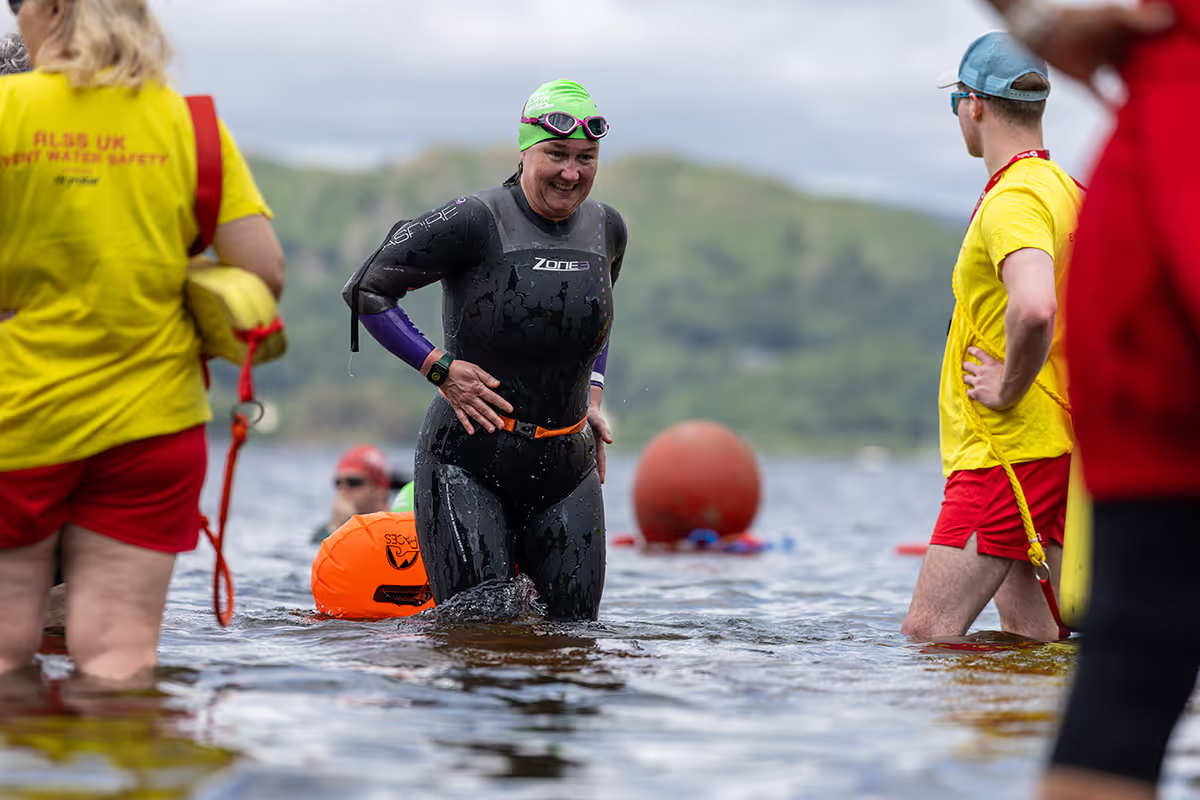
Your Essential Kit Guide for the Great North Swim
Whether you're training for 250m, 1 mile or the 5k, the right kit makes your Great North Swim prep smoother, warmer & far more enjoyable. Here’s the training & race day essentials.
Read More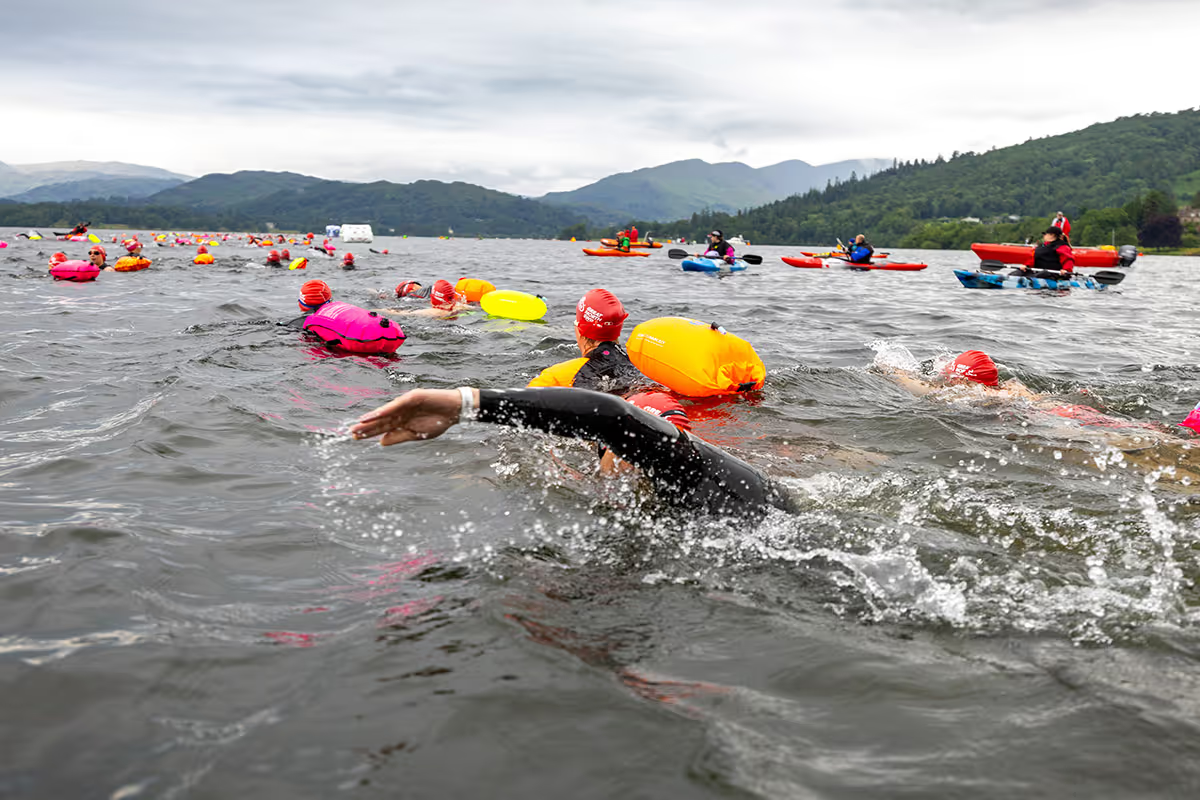
Your First Open Water Race A Beginners Guide
If the Great North Swim is your first open water event, you’re in the right place. Whether you’ve already been training in the pool over winter or you’re just getting started, this guide will walk you through the essentials.
Read More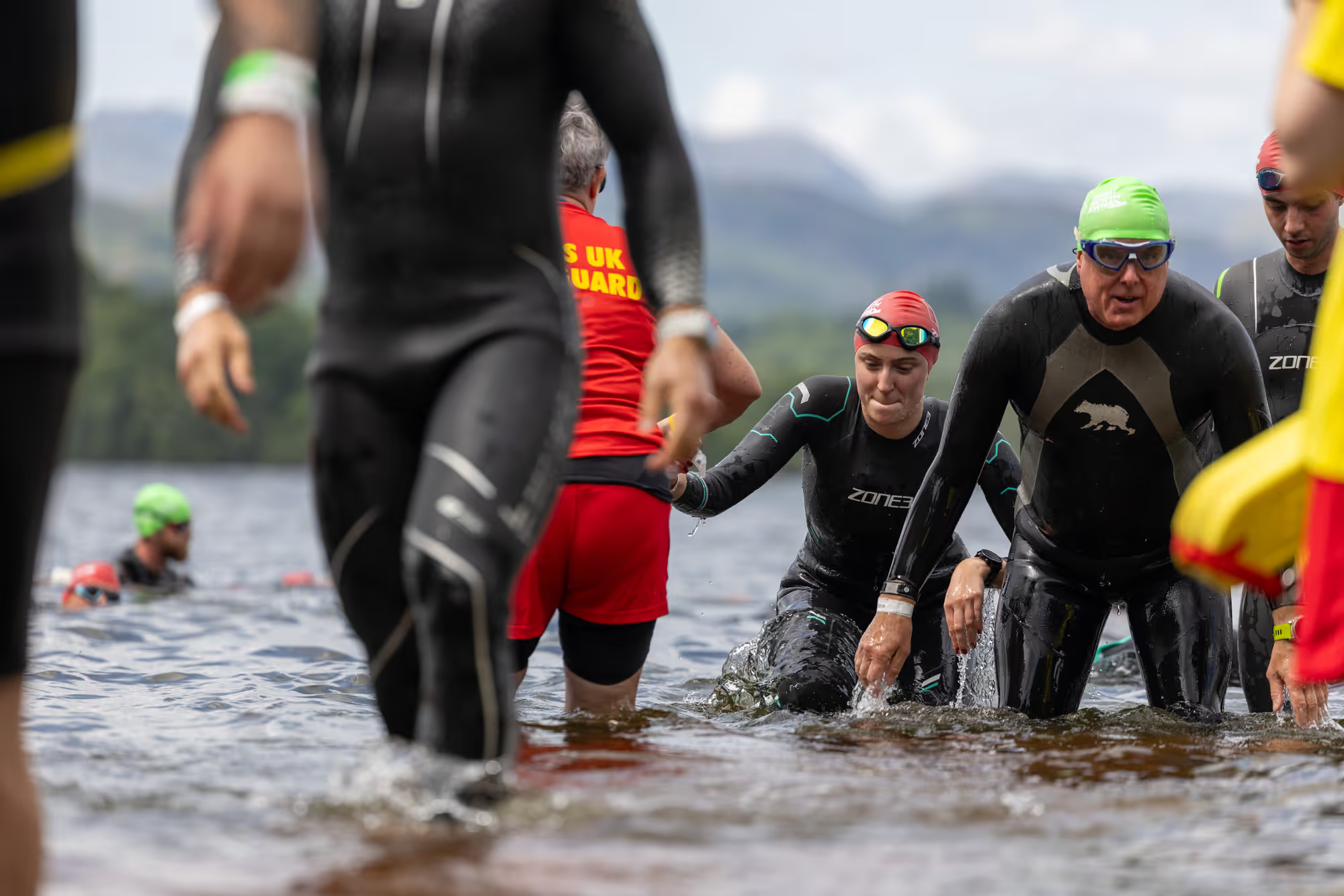
Train Smarter and Race Stronger at the Great North Swim
Training for the Great North Swim isn’t just about drills, distances or braving your first chilly dip. Your mindset is the quiet sidekick that shapes how you learn, how you bounce back from wobbles & how calm you feel on race day.
Read More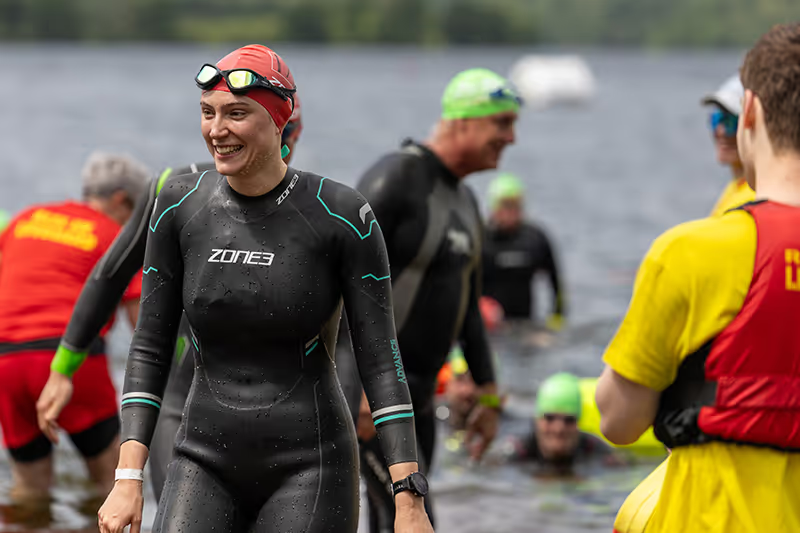
Beginning Your Open Water Swimming Journey
A few simple tips and tricks to get you started on your open water swimming journey...
Read More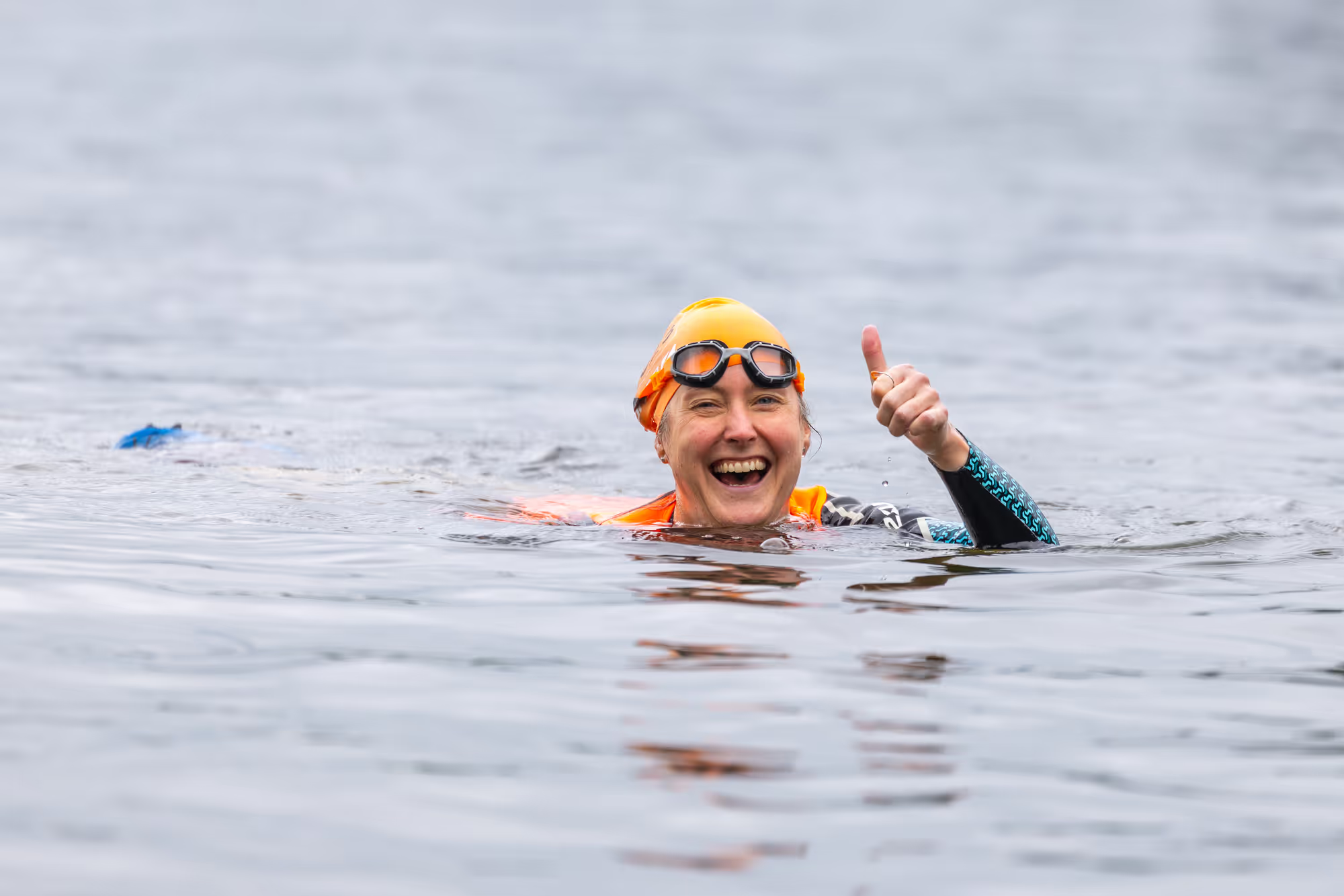
An Introduction to Long Distance Swimming
An introduction to long distance swimming and tips on what to eat and how to prepare for your big swim.
Read More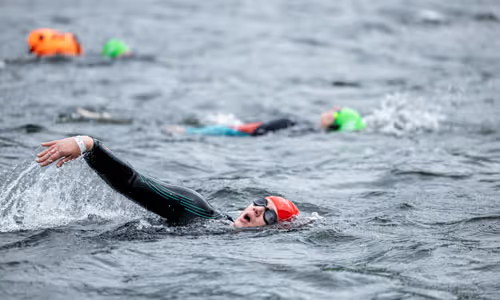
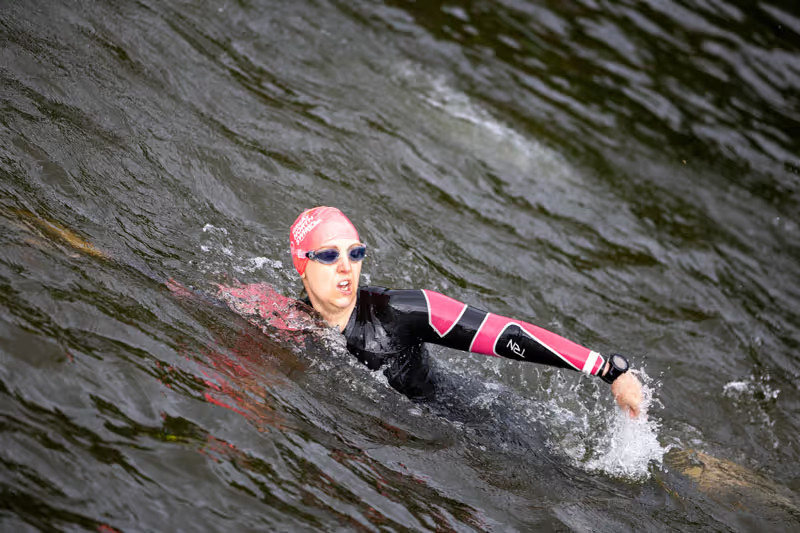
How To Prepare for Your Great SwimRun Challenge
With the right training and mindset, you’ll set yourself up for an unforgettable day...
Read More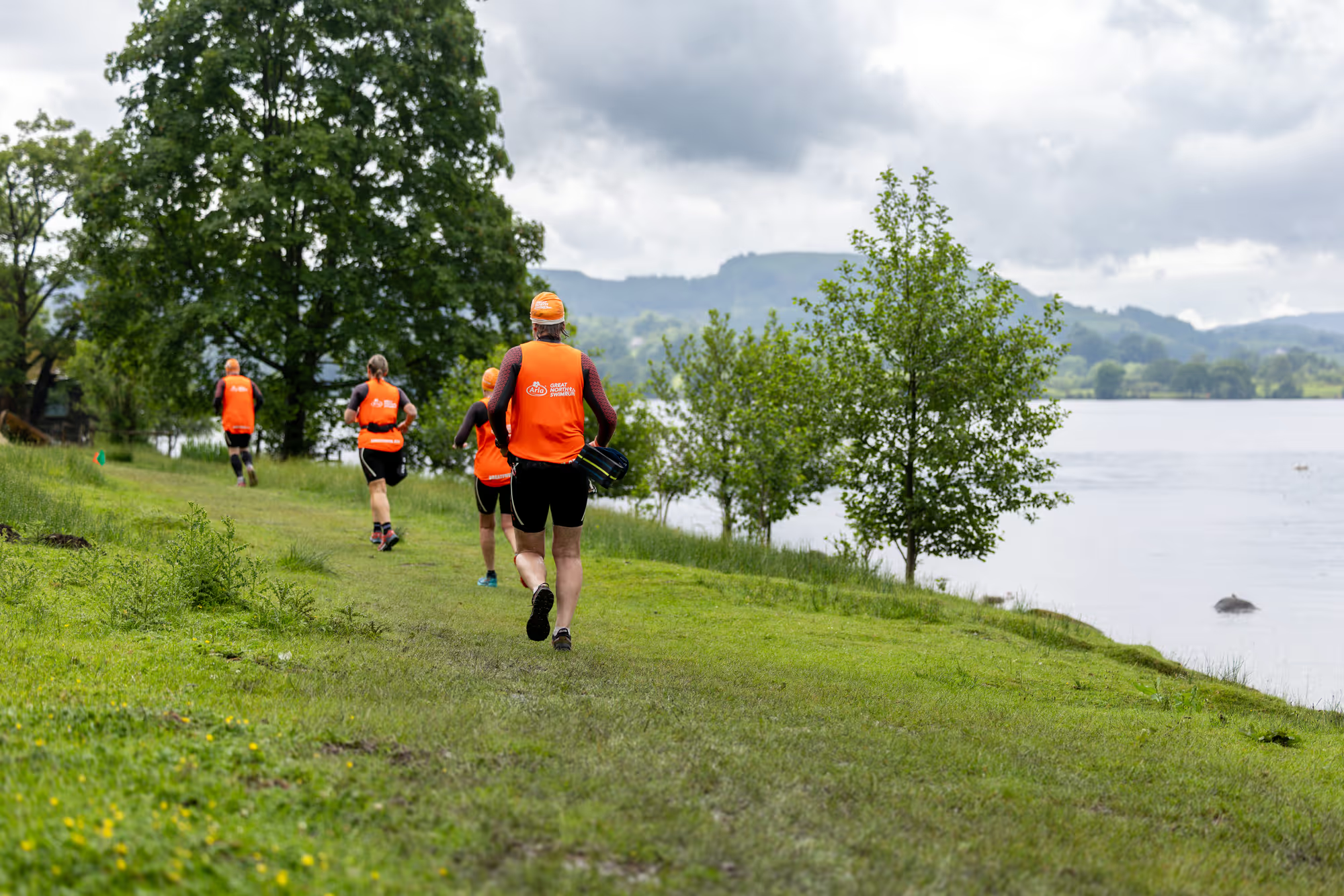
Returning to Swimming After a Long Break
If your considering taking on the Great North Swim and are concerned about a lack of training… don’t be!
Read More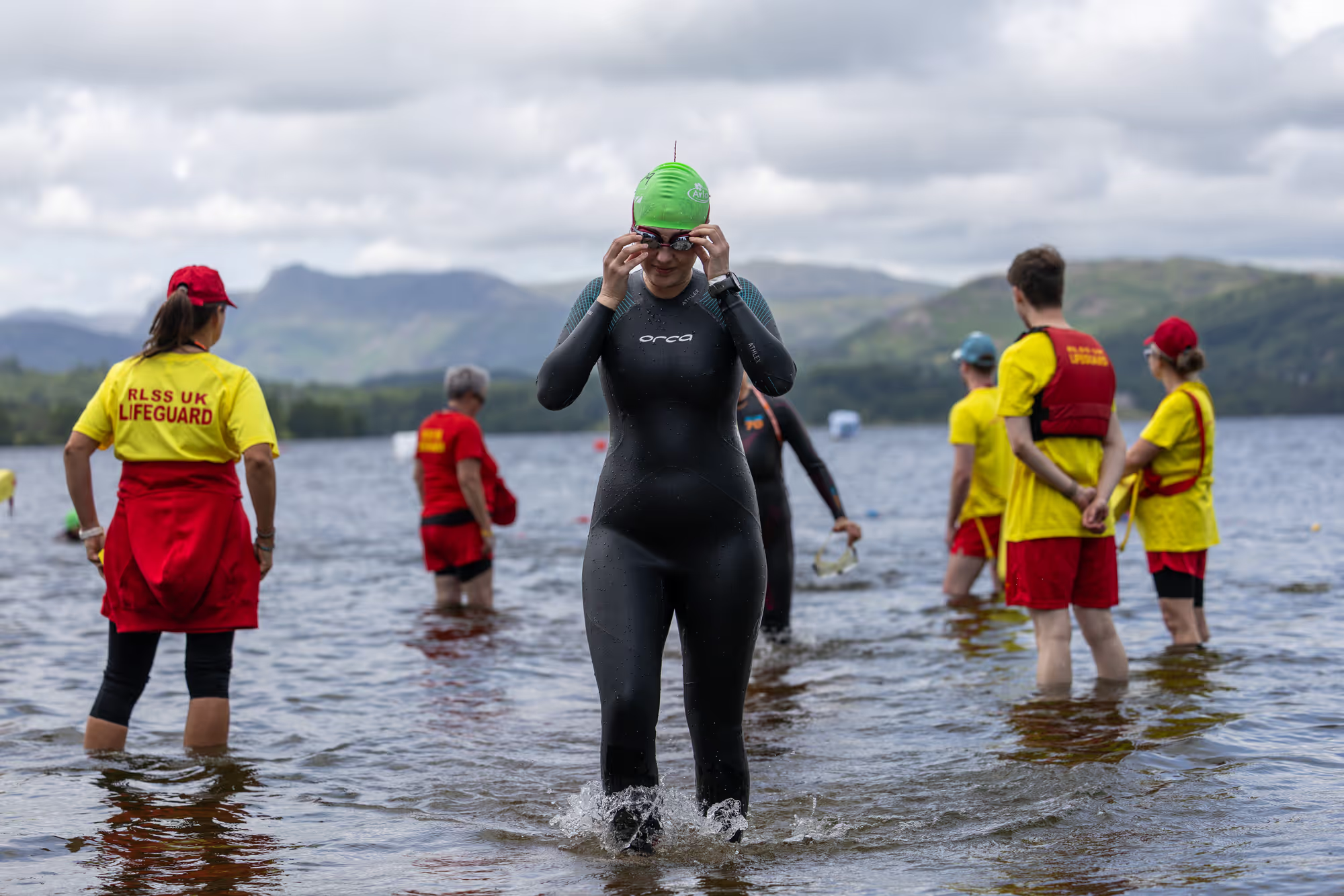
Swim Secure's Open Water Safety Guide
If you are a first timer the transition from pool to open water can be a daunting one, but with some simple safety steps the delights of the great outdoors are closer than you think.
Read More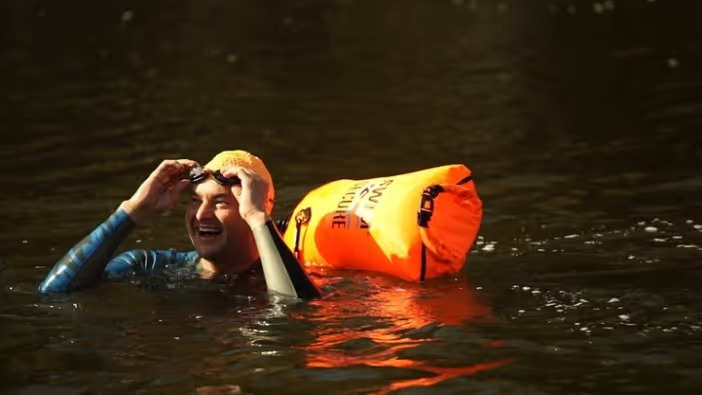
Tips For Your First 10K Swim
The 10K marathon distance is the pinnacle of open water swimming. Read our top tips to get you through your first open water marathon swim.
Read More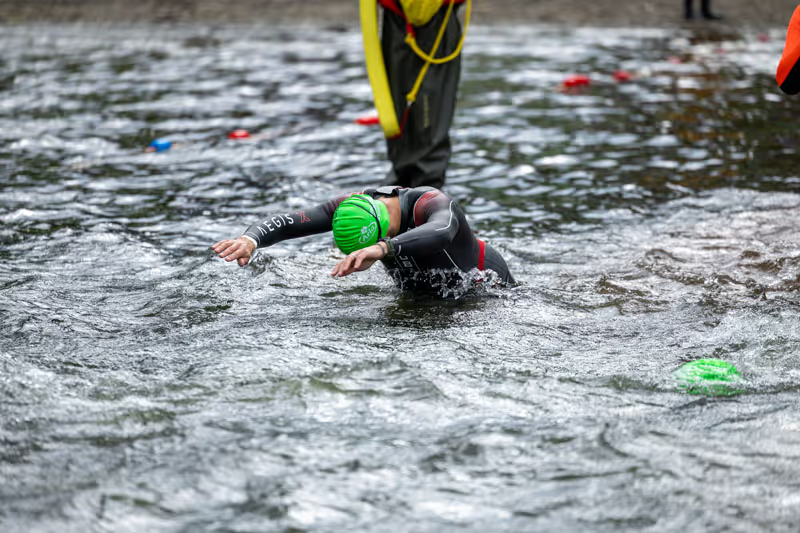
Top SwimRun Tips and Kit Essentials
Here’s our top advice for beginners, plus a full rundown of essential gear.
Read More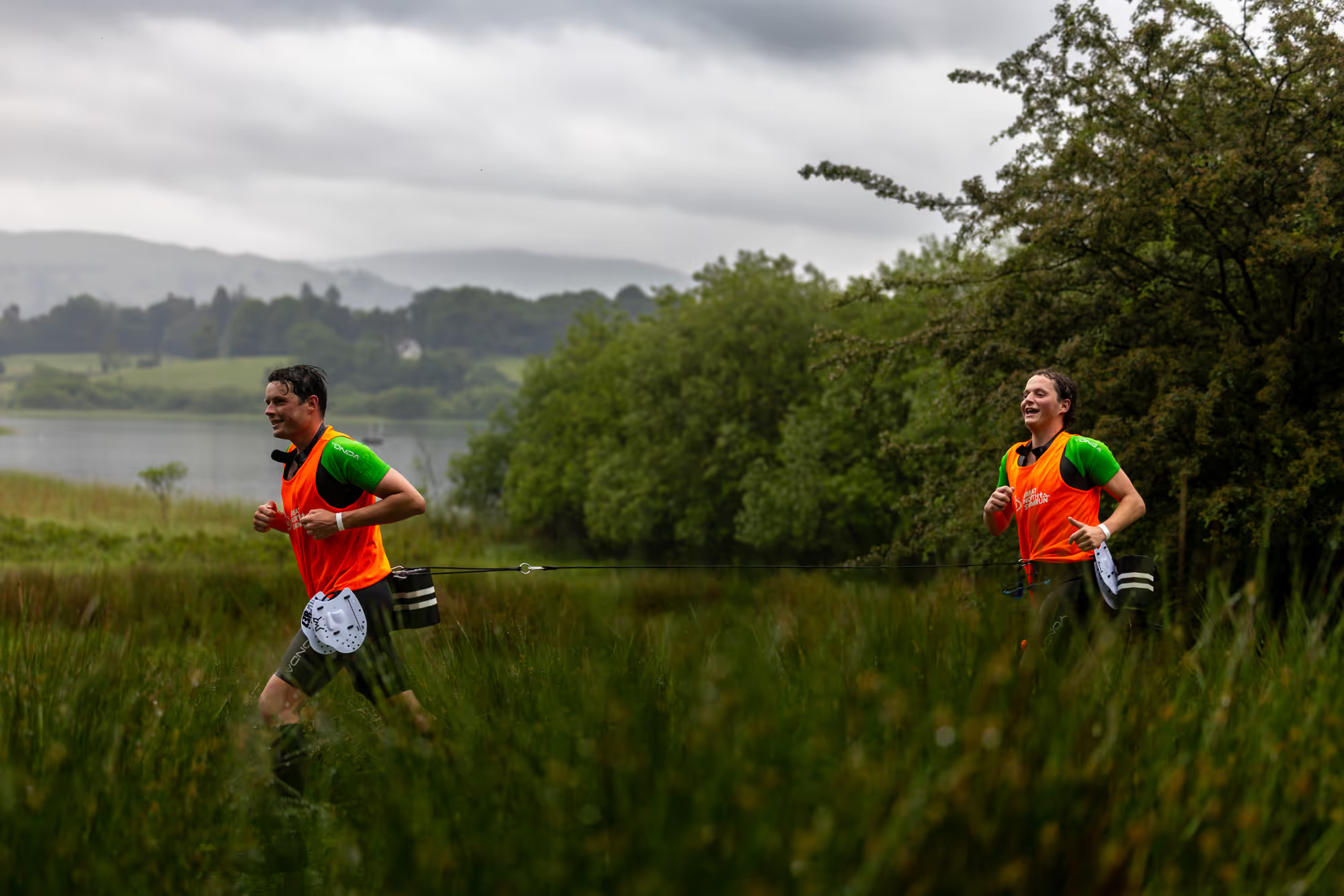
Training Tips for your First Outdoor Swim
If you’re new to outdoor swimming, the idea can be a bit daunting. Never fear though: follow our top training tips and you’ll soon be in shape to conquer the waters!
Read More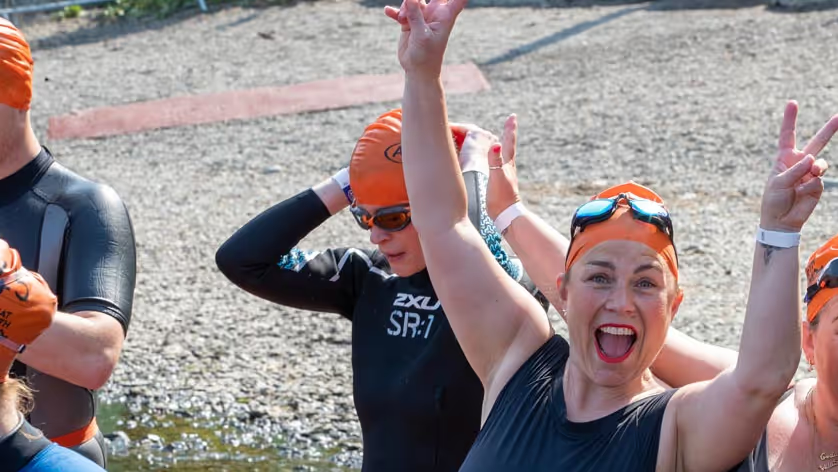
The Health Benefits of Open Water Swimming
If you’ve committed to getting fitter and healthier, open water swimming might not be top of your list to try. But why not?
Read More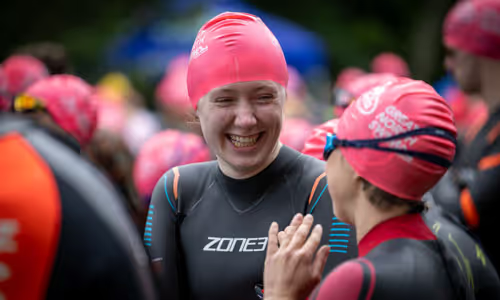
Open Water Swimming Tips For Beginners
If you’ve just signed up for your first event and you’re starting to think, ‘what on earth have I got myself into’, don’t worry, you’re in safe hands!
Read More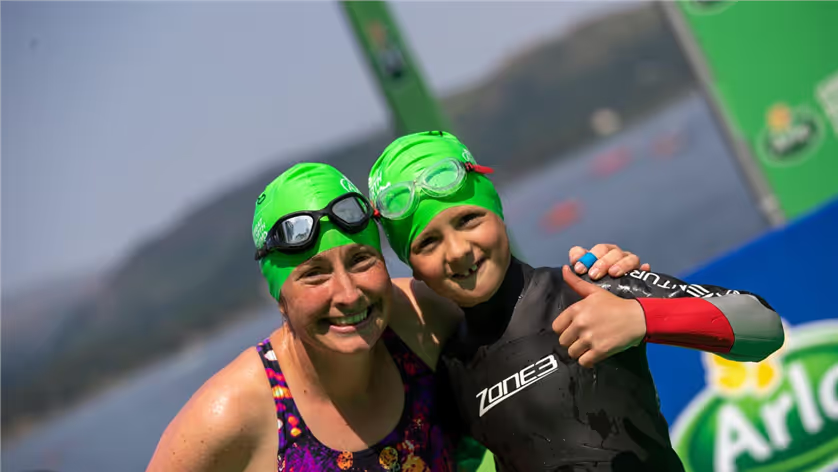
Preparing for Your First Outdoor Swim
Proper preparation for your first outdoor swim will make a huge difference to how much you enjoy the experience.
Read More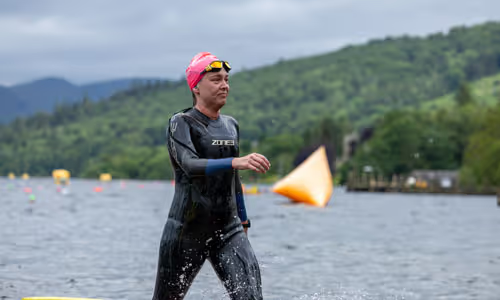
How to Sight & Stay on Course in Open Water
If you’re swimming the Great North Swim, sighting is one of the most important open water skills you can learn.
Read More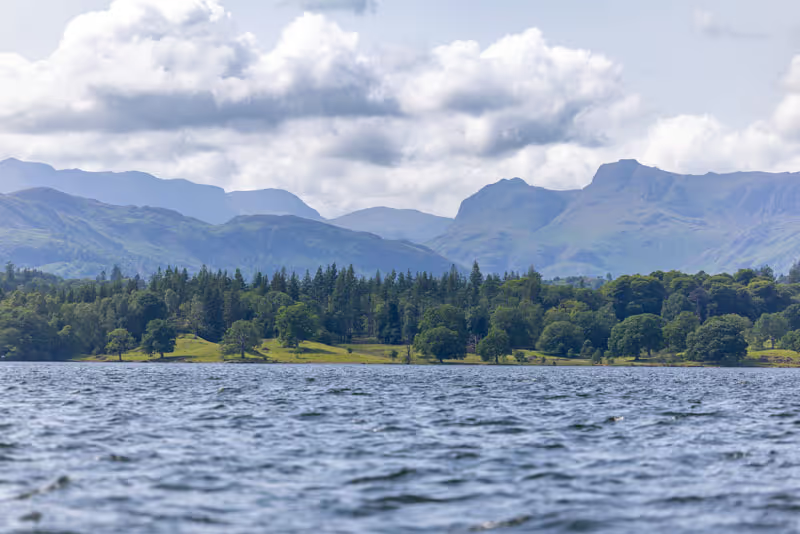
How to Train in the Pool this Winter
The pool gives you everything you need to lay the foundations for a strong, stress-free swim in June.
Read More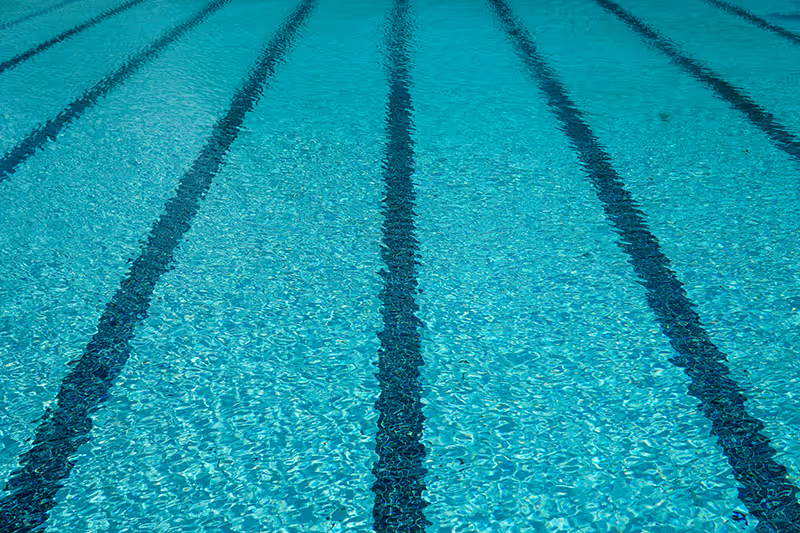
1 Mile Open Water Swimming Training Plan
If the thought of swimming a mile in open water feels a bit daunting, then you need a training plan.
Read More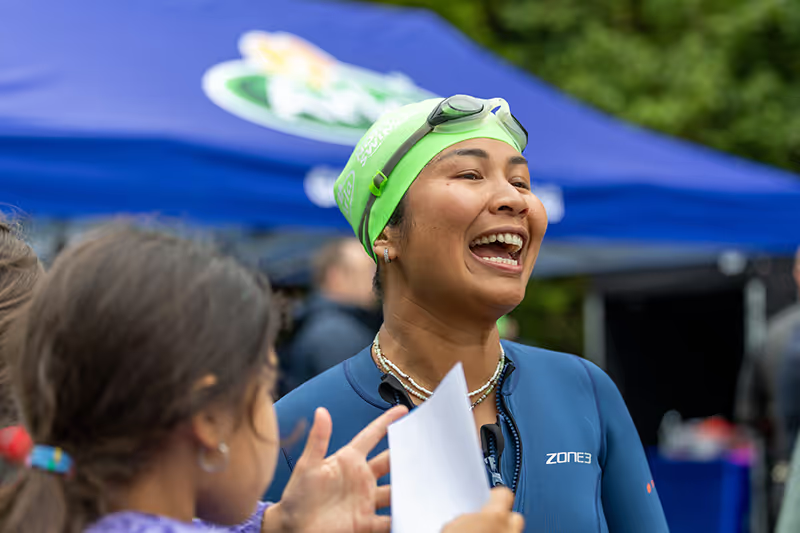
Front Crawl Basics
Mastering front crawl takes time and effort as it requires a complex series of moves involving the whole body.
Read More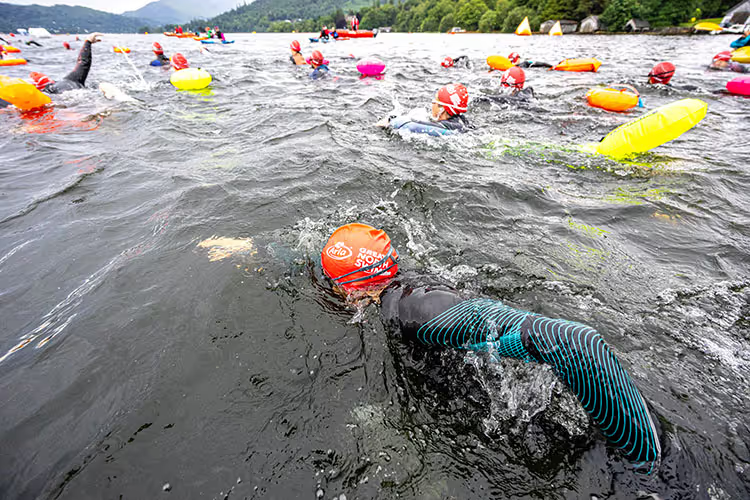
Swim Secure Guide to Lake Swimming
This beginner’s guide has been written to equip you with the knowledge and confidence to get the best out of lake swimming
Read More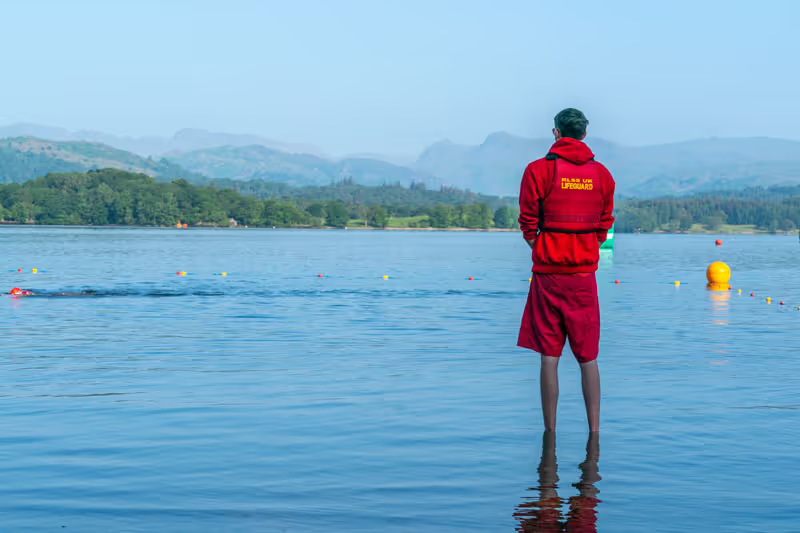
Plan your Great North Swim
Thousands will be snapping on their swim caps, adjusting their nose clips and diving into nature at the North Swim. Read our guide to Windermere.
Read More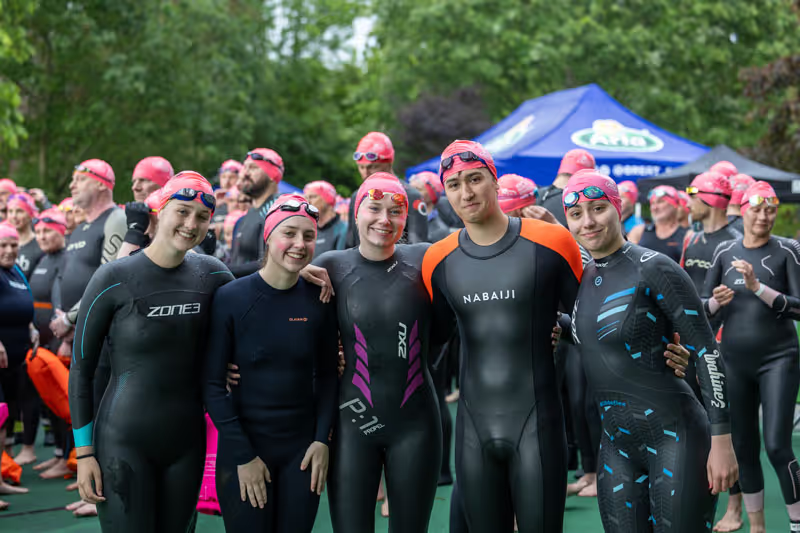
Choosing an Open Water Swimming Club
If you’ve never swum in open water before, we’d suggest trying an open water swimming club to build your skills and you'll be open water confident in no time!
Read More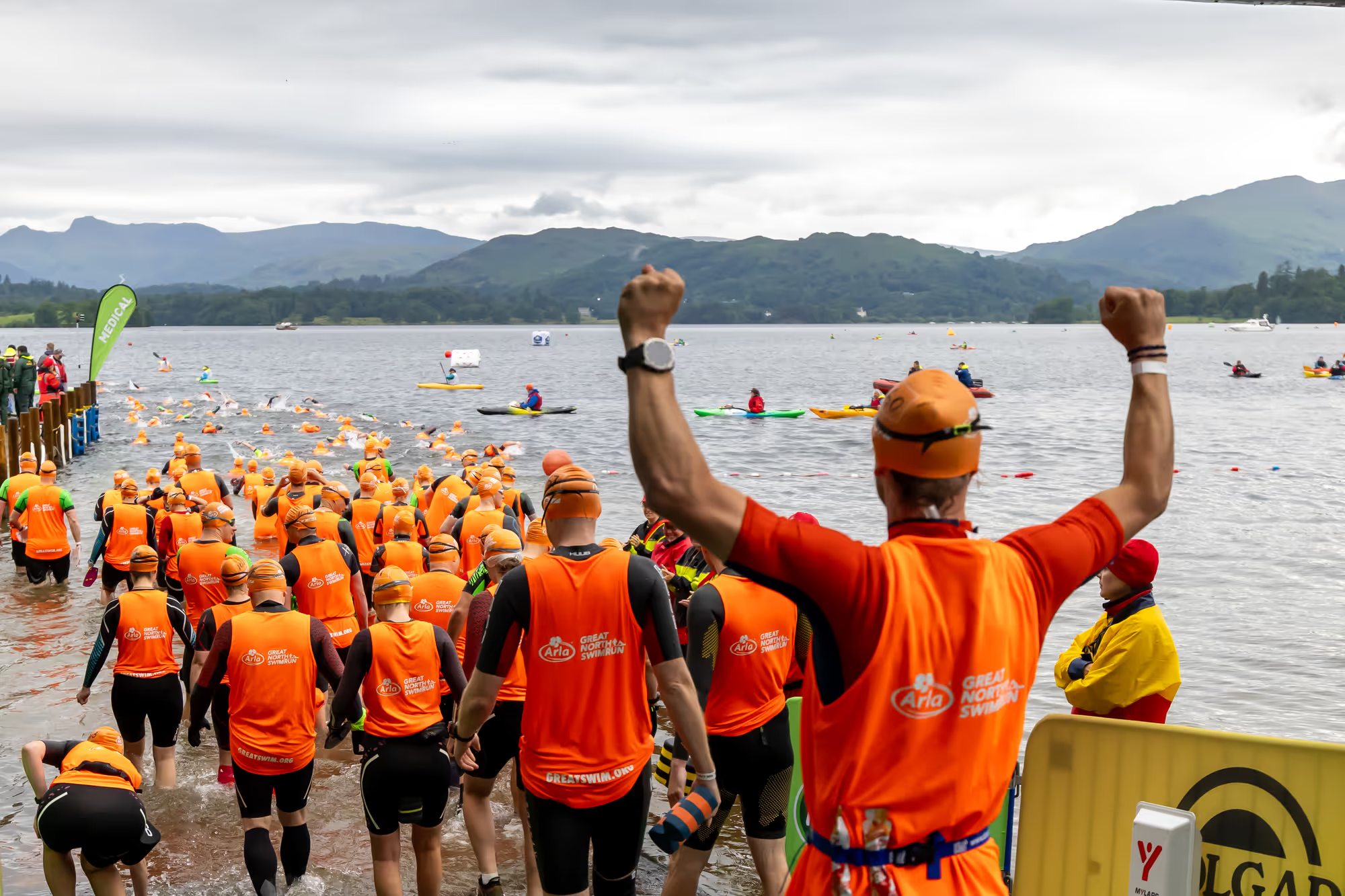
Better Breaststroke
Terry Laughlin from Total Immersion explains a markedly more efficient way of swimming breaststroke.
Read More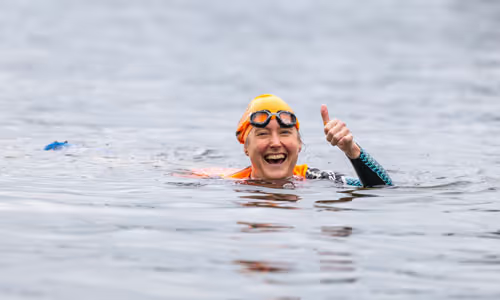
Tips for Venturing into the Open Water
New to open water swimming? Read our tips before you venture outside to the open waters
Read More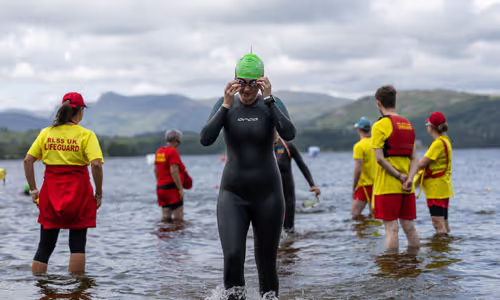
How to Keep a Positive and Motivated Mindset
It is so important to focus on our mental health. Here are some tips to stay positive, keep motivated, and help you to look after your mind and mental health.
Read More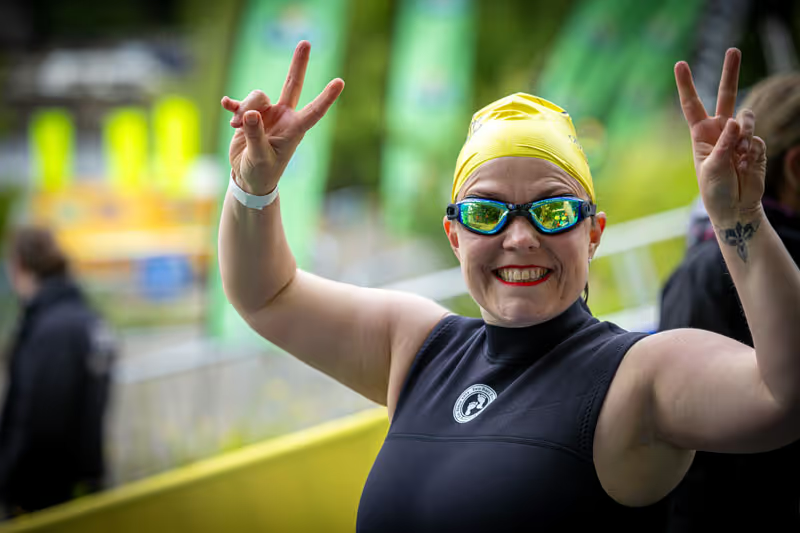
What to Wear for Outdoor Swimming
When you’re heading into open water, you need the right kit. Here’s everything you should consider packing for your outdoor swim...
Read More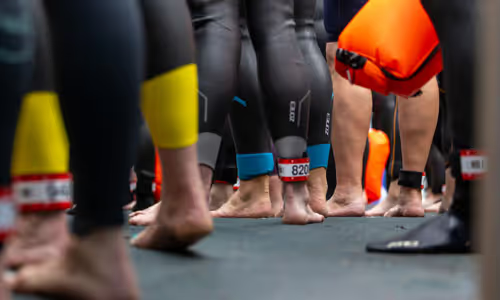
Fall in Love With Swimming
Even if you’ve never swum before, it’s never too late to start. Here are a few pointers to get you falling in love with swimming.
Read More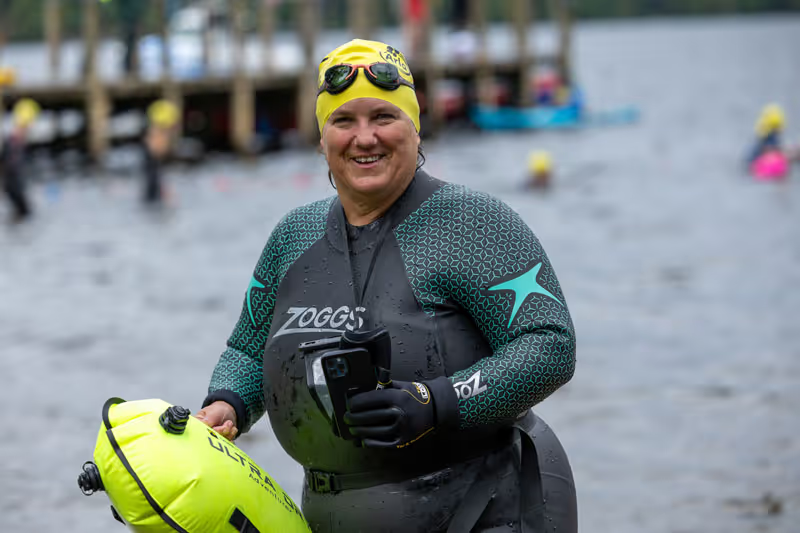
Essential Outdoor Swimming Skills
Techniques to make your outdoor swim more enjoyable and, if you race, faster.
Read More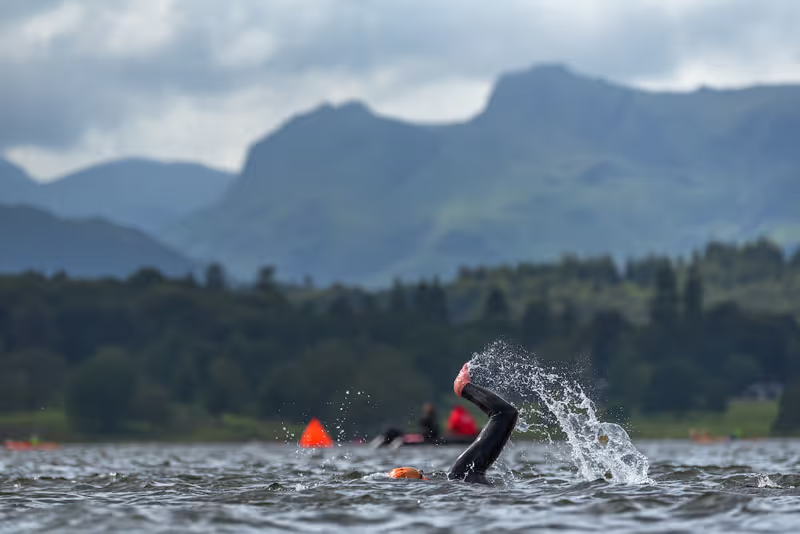
Working On Your Swimming Technique
If improving your swimming technique is high on your list, take a look at three of our top tips.
Read More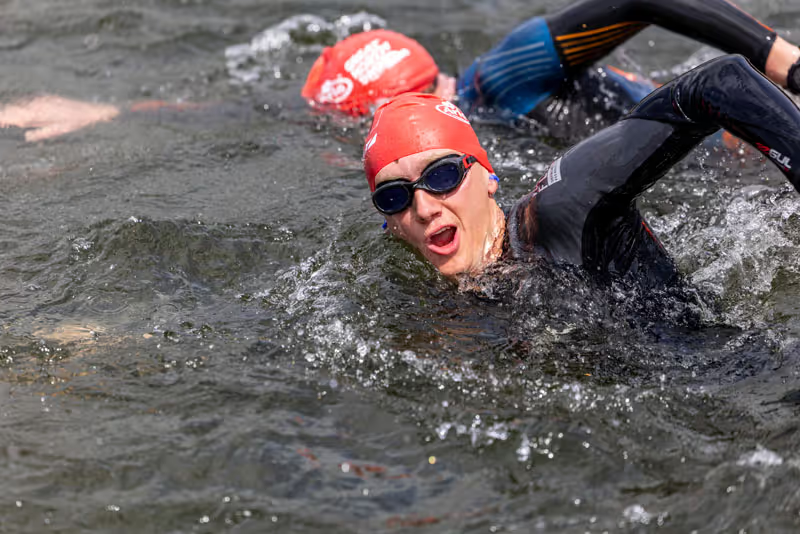
Pre Swim Breakfast Inspiration
Your pre-swim breakfast never looked so good. We’ve got two tasty, fruity, recipes for you to try out.
Read More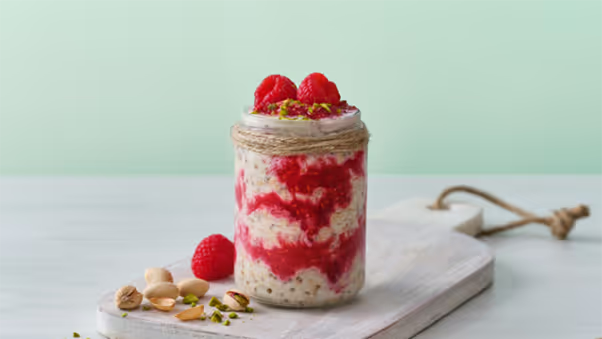
Filling Post Swim Recipes
After a tough swim, you need food that’s high in energy, nutrient-dense and packed with colour - and we’ve got two brilliant suggestions.
Read More
Five Steps to Transition from Pool to Open Water
Here's our top five tips to help you make the transition from the pool to open water.
Read More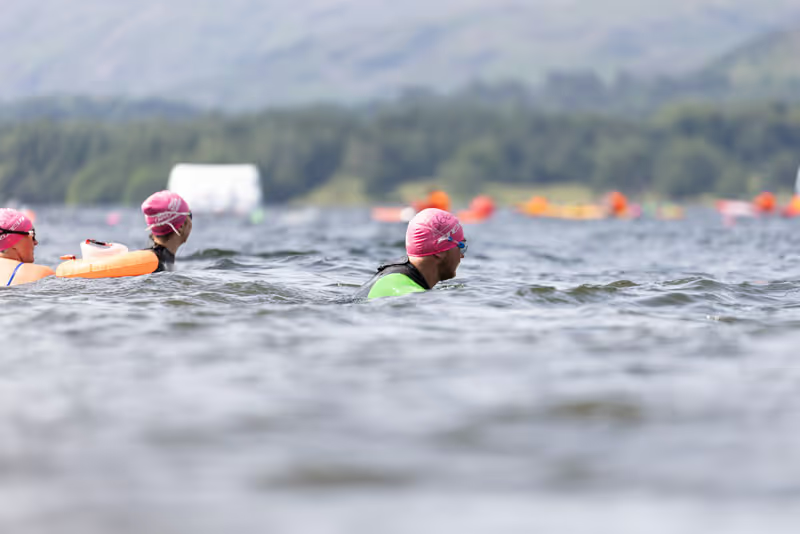
Post Swim Soup Recipe
We think soup is soup-er here at Great North Swim - it’s quick, easy, nutritious *and* it’s the perfect way to warm up post-swim.
Read More
Open Water Swimming Training Tips
With the right training, mindset, and technique, you’ll be ready to enjoy every moment of your open water swimming journey.
Read More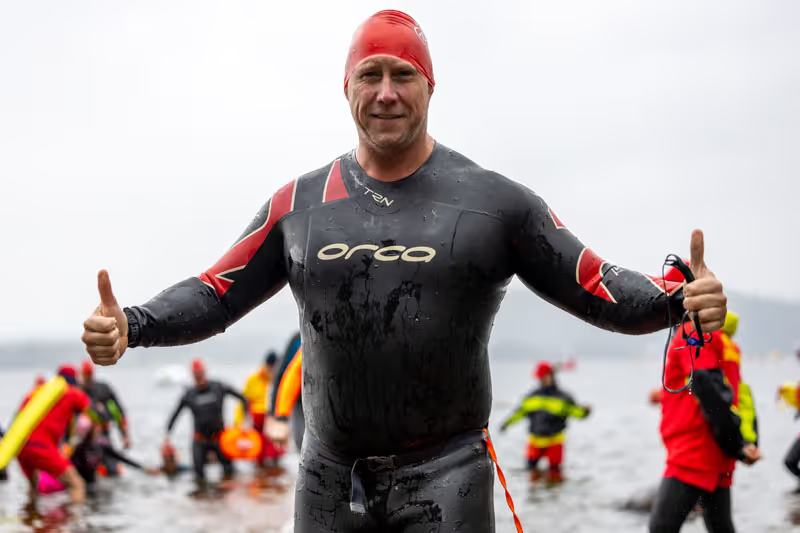
Exercises to Keep Your Body Fit for Swimming
SwimforTri's Dan Bullock shares his top five dry land exercises that Great Swim swimmers of all abilities will benefit from.
Read More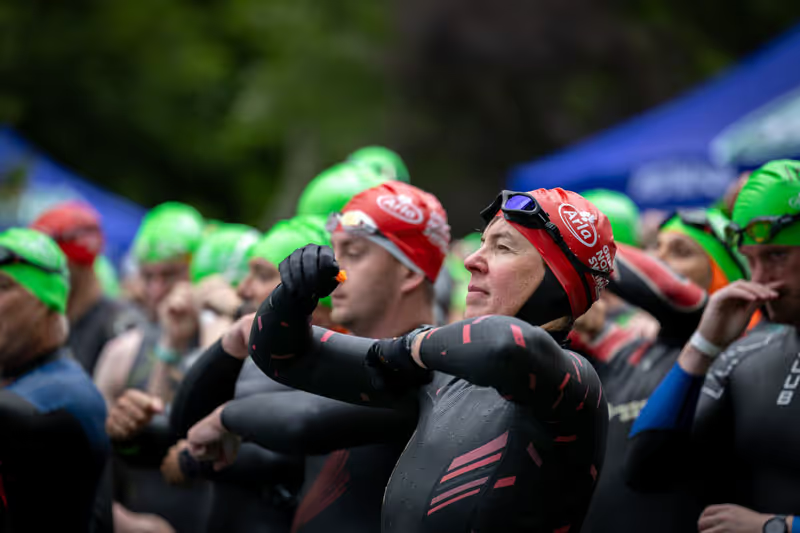
Open Water Safety Guide to Lake Swimming
Here's your handy open water checklist to equip you with a safety guide to wild swimming in a lake.
Read More
Power Up your Porridge Ready for an Outdoor Swim
We’re sharing two ways to make a winter staple - porridge - a bit more appealing, and a bit more powerful.
Read More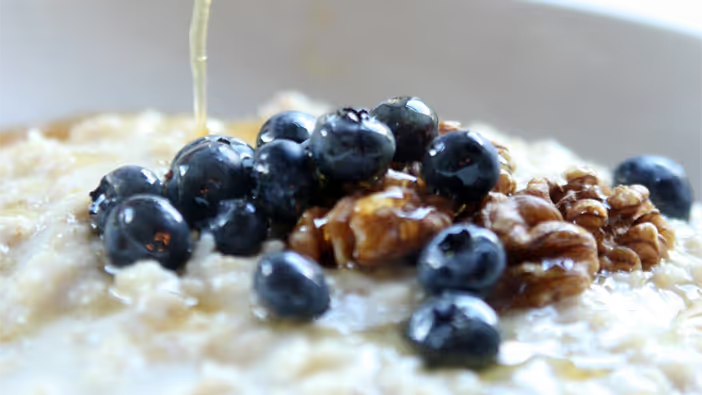
Pre Swim Breakfast Recipes
Head into another day of training with a spring in your step. These morning treats look like they’d be at home on a dessert menu.
Read More
What to Eat Before and After Your Great Swim
How you eat and drink before and during the event is more about your completion time than the distance you will cover.
Read More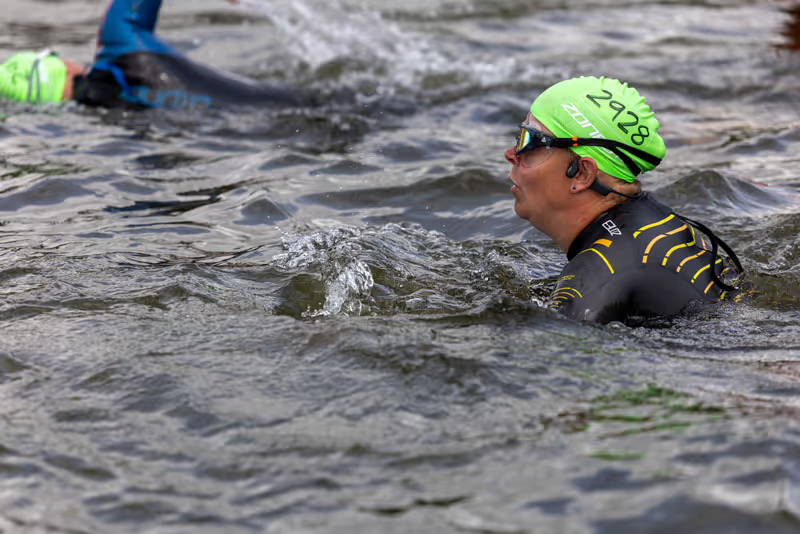
How Is Open Water Swimming Different From The Pool?
To help understand how open water swimming differs to your local pool, we’ve pulled together this guide.
Read More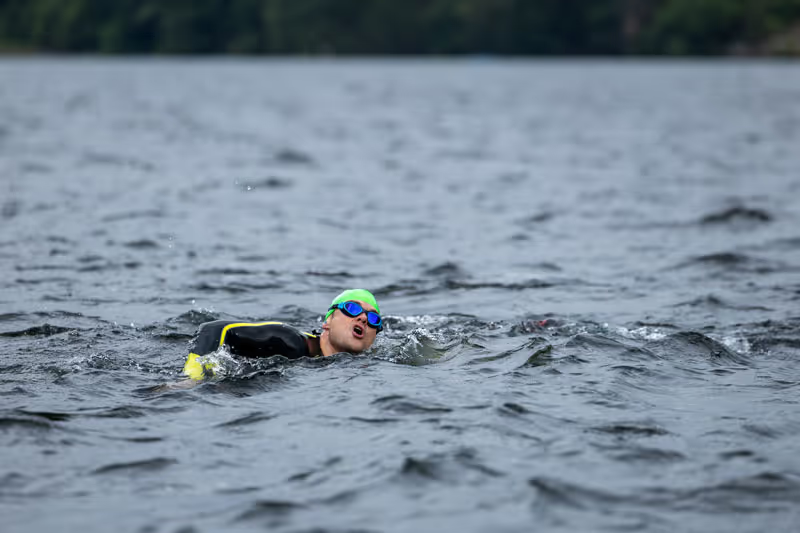
Getting Prepared for the Great North Swim
Dr Hussain Al-Zubaidi shares 10 top tips to help you prepare and get the most out of the Great North Swim.
Read More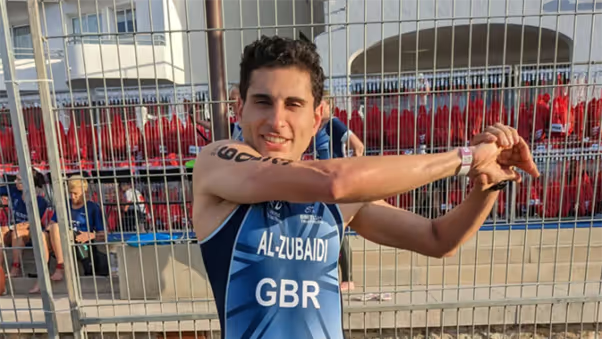
How to Choose a Wetsuit for Open Water Swimming
Here's what you need to know when choosing a wetsuit for open water swimming
Read More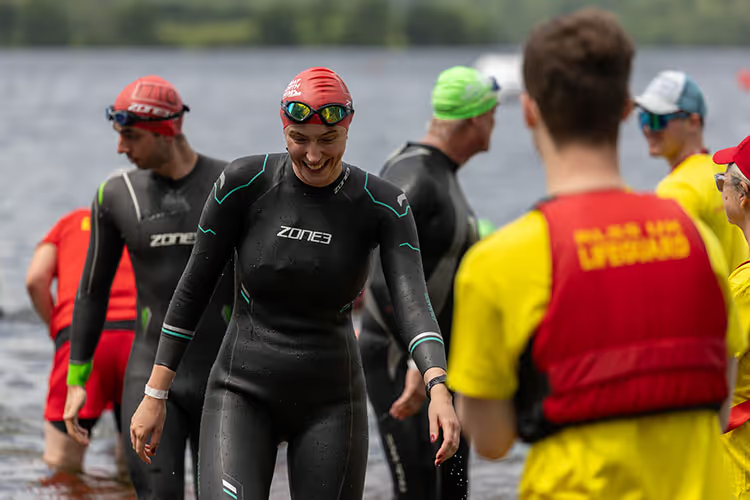
Swim Your Way to Health
Dr Hussain Al-Zubaidi Channel 4 TV Doctor (Steph's Packed Lunch) and Swim England clinical advisor lists some of the health benefits of open water swimming, and the science behind it.
Read More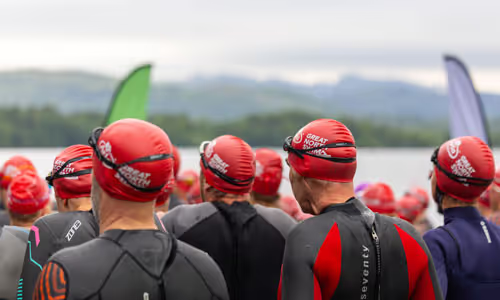
High Protein Post Swim Meal Ideas
When you’ve been in the water, you’ll feel even better if you follow it up with something which will help you to re-energise and recharge.
Read More
Supercharge your Swim with a Smoothie
Supercharge your swim with these two delicious smoothie recipes that taste great and will make you feel great too!
Read More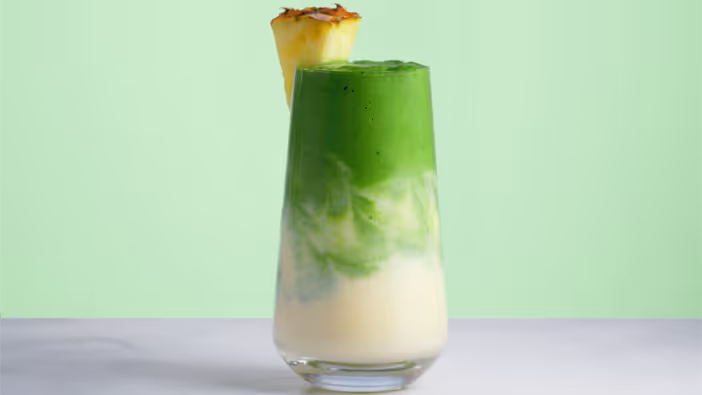
Swimspiration: Swimming Podcast Favourites
If you want to step away from the screen, you might turn to podcasts. Ella Foote at Outdoor Swimmer picked out some podcast favourites.
Read More